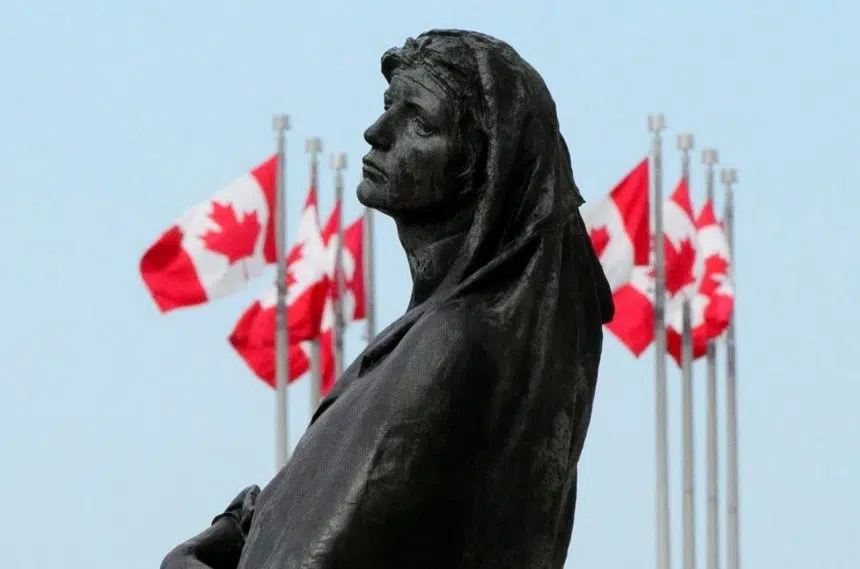OTTAWA — The Supreme Court of Canada says federal ministers do not have a duty to consult Indigenous groups when drafting legislation.
In a decision today involving an Alberta First Nation, a majority of the high court said the law-making process does not amount to Crown conduct that triggers the deeply entrenched duty to confer with Indigenous Peoples.
The ruling helps clarify the steps the federal government must take — and when — in upholding the Crown’s obligation to act honourably in its dealings with Indigenous groups.
The Mikisew Cree argued that the former Conservative government should have consulted them on legislative proposals that would affect their treaty rights.
In 2012, the government introduced two omnibus bills proposing changes to Canada’s environmental protection and regulatory processes.
Bills C-38 and C-45 amended the Fisheries Act, the Species At Risk Act, the Navigable Waters Protection Act and updated the Canadian Environmental Assessment Act.
A Federal Court judge said there was a duty to consult the Mikisew because the proposals would arguably affect fishing, trapping and navigation.
The Federal Court of Appeal overturned the ruling, saying that including the duty to consult in the legislative process offends the doctrine of the separation of powers and the principle of parliamentary privilege.
Seven Supreme Court justices concluded there was no obligation to consult during the law-making process, but they did not uniformly agree on the reasons.
Writing on behalf of herself and two others, Justice Andromache Karakatsanis said the development of legislation by ministers is generally protected from oversight by the courts.
“Long-standing constitutional principles underlie this reluctance to supervise the law-making process,” she said in her reasons.
“Recognizing that a duty to consult applies during the law-making process may require courts to improperly trespass onto the legislature’s domain.”
The Canadian Press











